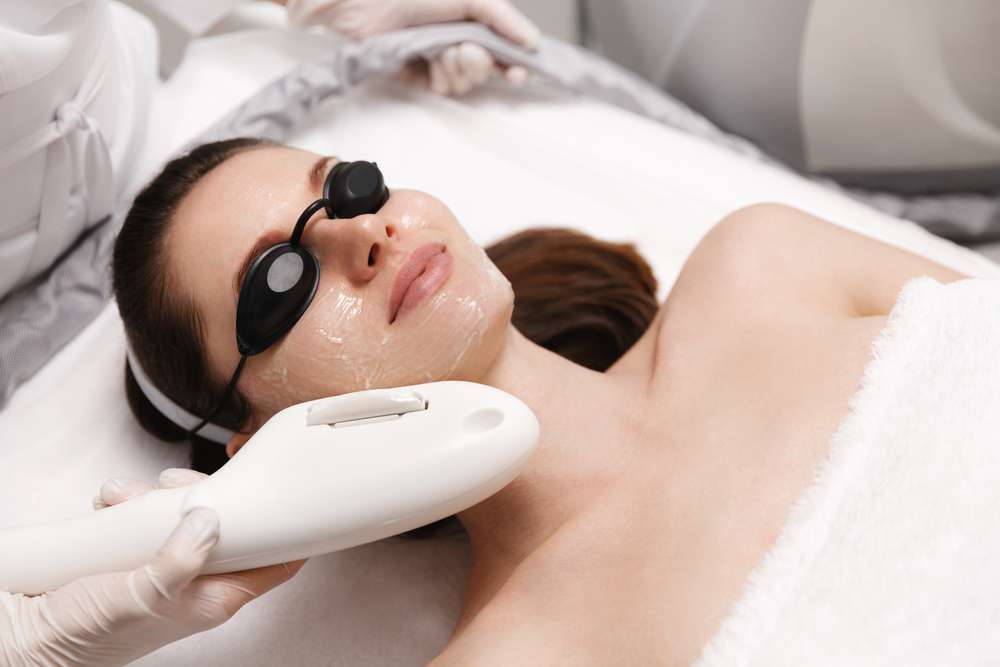Laser Rejuvenation: Renew Your Skin and Glow
Discover how laser skin rejuvenation can refresh your complexion, smooth texture, and reduce signs of aging. This advanced, customizable treatment stimulates collagen, targets sun damage, scars, and uneven tone, and offers long-lasting improvements with minimal downtime. Learn what to expect, benefits, and safety considerations before booking.

Laser skin rejuvenation is a modern approach to improving skin tone, texture, and overall appearance using focused light energy. Whether your goal is to soften fine lines, fade sunspots, or reduce scarring, lasers provide targeted options that encourage the skin’s natural repair processes. Treatments range from surface-resurfacing procedures to deeper, collagen-stimulating therapies, and the best choice depends on your skin type, concerns, and recovery preferences.
How laser treatments work
Lasers used for skin rejuvenation fall into two broad categories: ablative and non-ablative. Ablative lasers remove the outermost layers of skin, prompting the body to heal the treated area and produce fresh, smoother tissue. This approach can yield dramatic results but typically requires more downtime. Non-ablative lasers bypass the surface and deliver energy into the deeper layers to encourage collagen remodeling without stripping the top layer of skin. Recovery is shorter with non-ablative options, though multiple sessions are often needed to achieve comparable improvements.
Practitioners choose a specific laser based on the concern being treated, the patient’s skin tone, and the desired balance between effectiveness and recovery time. Many clinics use a combination of modalities to address different layers and types of damage for a more complete rejuvenation.
Common concerns laser rejuvenation can improve
Laser treatments can be effective for a wide variety of skin issues, including:
- Fine lines and wrinkles
- Sun damage and age or sun spots
- Uneven texture and skin tone
- Acne scars and other types of scarring
- Enlarged pores
- Redness and visible blood vessels
- Mild to moderate skin laxity
The degree of improvement depends on the condition being treated, the technology used, and the individual’s skin characteristics. Often, a treatment series produces the best outcome.
Benefits of choosing laser skin rejuvenation
Laser procedures offer several advantages over more invasive surgical options and many topical treatments:
- Non-surgical: No incisions are required, which reduces risks associated with surgery.
- Precision: Lasers can be directed at specific spots while sparing surrounding healthy tissue.
- Customizable: Protocols can be adjusted to your skin type and goals, from light resurfacing to deeper remodeling.
- Natural stimulation: By encouraging collagen and elastin production, lasers support the skin’s own regenerative capacity.
- Durable results: Improvements can last months or years, especially when followed by maintenance treatments and proper skincare.
- Manageable side effects: When administered by qualified professionals, side effects tend to be temporary and mild compared with invasive procedures.
| Service | Typical cost range (USD) |
|---|---|
| Single session | $200 - $800 |
| Multi-session package (3-6 treatments) | $600 - $4,800 |
| Advanced resurfacing (ablative) | $1,000 - $5,000+ |
Cost disclaimer: Prices vary widely by clinic, geographic region, provider expertise, and the specific laser technology used. These figures are estimates and not a guarantee of cost.
What to expect during a session
A thorough consultation comes first to review your medical history, skin type, and goals. The provider will recommend the most suitable laser and outline expected outcomes and recovery. On treatment day you will wear eye protection, and the skin will be cleaned. Numbing cream or a cooling device may be used to increase comfort. During the procedure you may feel warmth, tingling, or brief stinging sensations; most patients tolerate these well. Session length varies by area and device but commonly lasts 30 to 60 minutes.
After treatment, immediate side effects such as redness and mild swelling are common and usually resolve within days to a week. Your clinician will give tailored aftercare instructions, which typically include gentle cleansing, sun protection, and avoiding irritants while the skin heals.
How many treatments are needed and when results appear
For many non-ablative procedures, a series of 3 to 6 treatments spaced four to six weeks apart is recommended. Ablative approaches often require fewer sessions but involve longer recovery. Some improvement in tone and texture can be seen shortly after treatment, while the full benefits unfold over weeks to months as collagen rebuilds and cell turnover accelerates. Results are long-lasting but not permanent; maintenance treatments once or twice a year can help preserve outcomes.
Risks and side effects
When performed by experienced clinicians, laser skin rejuvenation is generally safe, but potential risks include:
- Redness and swelling that subside in days
- Temporary changes in pigmentation, such as lightening or darkening of treated areas
- Mild discomfort akin to a sunburn
- Rare infections if aftercare is inadequate
- Very rare scarring when complications occur or protocols are misapplied
To reduce risk, pick a reputable provider, disclose any medications or medical conditions, and follow pre- and post-treatment directions closely.
Choosing a provider and aftercare
Select a clinic or practitioner with demonstrated experience in laser treatments and positive patient outcomes. Ask about training, device types, before-and-after photos, and expected recovery. Follow all pre-treatment guidelines—such as avoiding tanning and certain medications—and adhere to aftercare steps including sun avoidance and regular use of sunscreen to protect new skin.
Laser skin rejuvenation can produce noticeable, natural-looking improvements in skin quality when matched to the right candidate and delivered by a skilled clinician. If you are considering this option, schedule a consultation to review choices, timelines, and realistic expectations.
This article is for informational purposes only and should not be considered medical advice. Please consult a qualified healthcare professional for personalized guidance and treatment.




